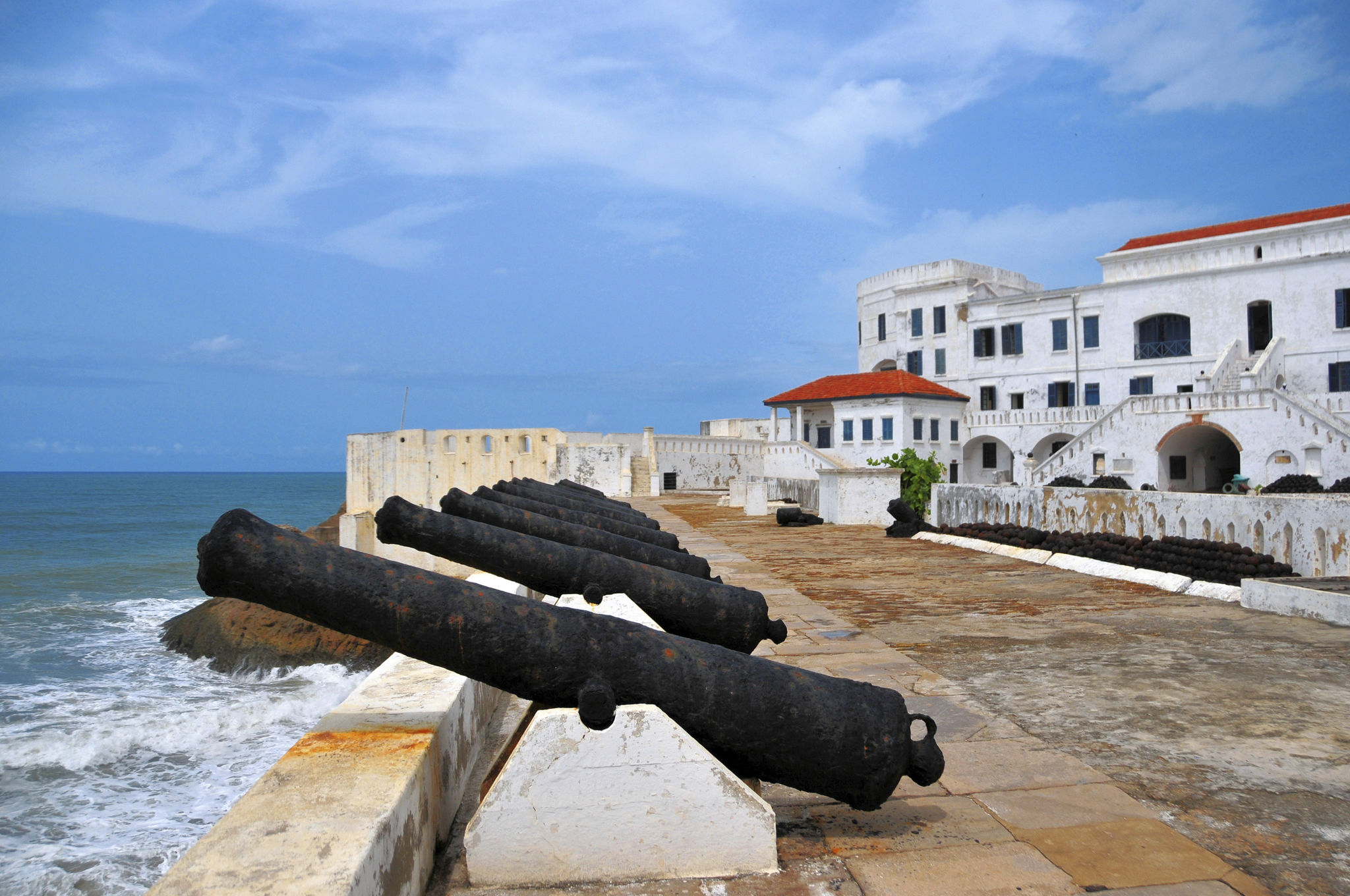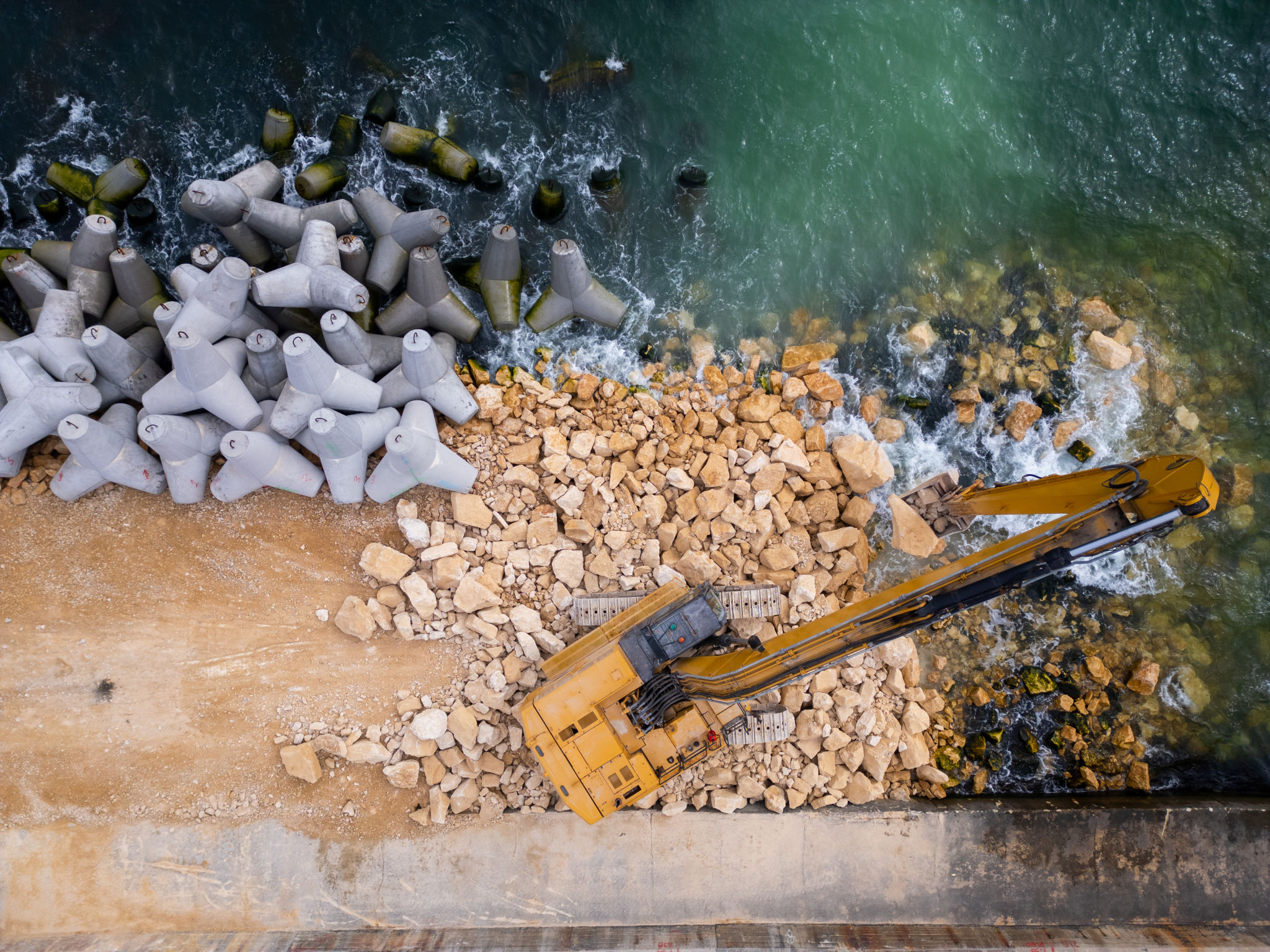The Impact of Climate Change on Ghana's Coastlines and How You Can Help
Understanding the Threat
Ghana, a West African nation with a rich cultural heritage and vibrant communities, is facing a formidable challenge: climate change. The country's coastline, which stretches over 500 kilometers, is particularly vulnerable to the impacts of climate change. Rising sea levels, increased storm surges, and coastal erosion are threatening the livelihoods of millions who depend on the sea for their sustenance.
As sea levels rise, low-lying areas are at risk of being submerged, displacing communities and disrupting local economies. Coastal erosion is leading to the loss of valuable land and infrastructure. The effects are profound, affecting not just the environment but also the social and economic fabric of coastal communities.

The Consequences for Local Communities
The impact of climate change on Ghana's coastlines is not just an environmental issue; it is a human one. Fishing communities are experiencing dwindling fish stocks due to changing ocean temperatures and currents. This reduction in fish availability leads to increased competition and overfishing, putting further strain on marine ecosystems.
Moreover, the destruction of coastal habitats affects tourism, another significant aspect of the local economy. Beaches and coastal attractions are eroding, reducing their appeal to tourists. This decline in tourism revenue exacerbates the economic challenges faced by these communities.
Efforts to Combat Coastal Erosion
In response to these pressing challenges, various initiatives have been launched to mitigate the impact of climate change on Ghana's coastlines. These include the construction of sea defenses such as groynes and seawalls, as well as reforestation projects aimed at stabilizing the shoreline. Community-based approaches are also gaining traction, with local groups engaging in sustainable fishing practices and conservation efforts.

How You Can Contribute
While large-scale interventions are crucial, individual actions can also make a significant difference. Here are some ways you can help combat climate change and support Ghana's coastal communities:
- Reduce your carbon footprint: Opt for energy-efficient appliances, reduce waste, and support renewable energy initiatives.
- Support sustainable seafood: Choose seafood that is harvested sustainably to prevent overfishing and promote healthy marine ecosystems.
- Raise awareness: Educate others about the impact of climate change on Ghana's coastlines and encourage them to take action.
The Role of Policy and Innovation
Government policies play a critical role in addressing climate change impacts. Policymakers in Ghana need to prioritize climate adaptation strategies in their development plans. Investing in resilient infrastructure and promoting sustainable land use practices are essential steps to safeguard coastal areas.

Innovation also holds promise in tackling these challenges. Research institutions and startups are exploring new technologies for monitoring coastal changes and developing adaptive solutions. Collaborative efforts between government, private sector, and communities can drive meaningful progress.
Towards a Resilient Future
The battle against climate change in Ghana is ongoing, but hope remains strong. By combining policy action, community engagement, and individual responsibility, it is possible to protect Ghana's coastlines for future generations. Each step taken towards sustainability contributes to a resilient and thriving coastal environment.
Your involvement matters. By supporting initiatives and adopting sustainable practices, you become part of the solution to one of the most pressing challenges of our time. Together, we can forge a path towards a more resilient future for Ghana's coastlines.